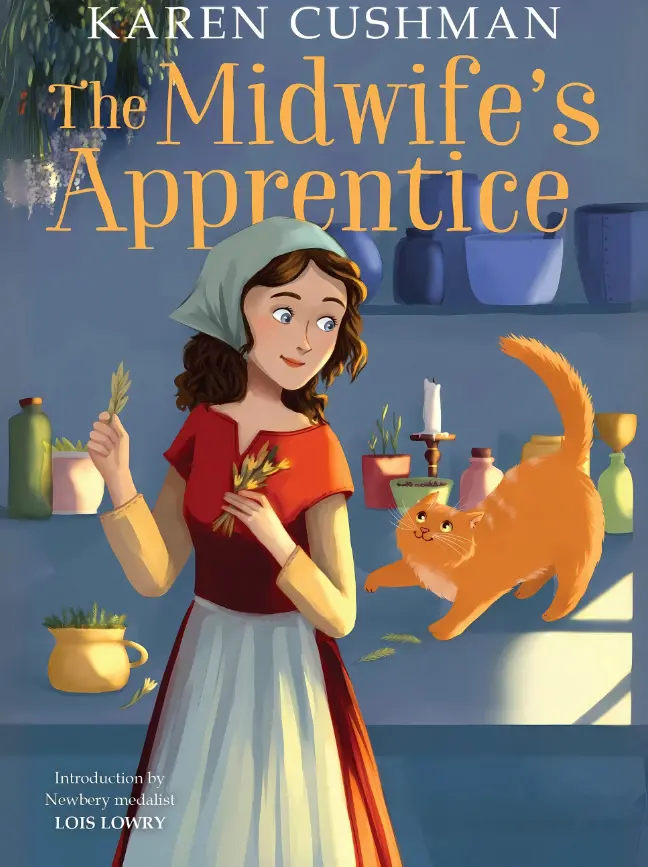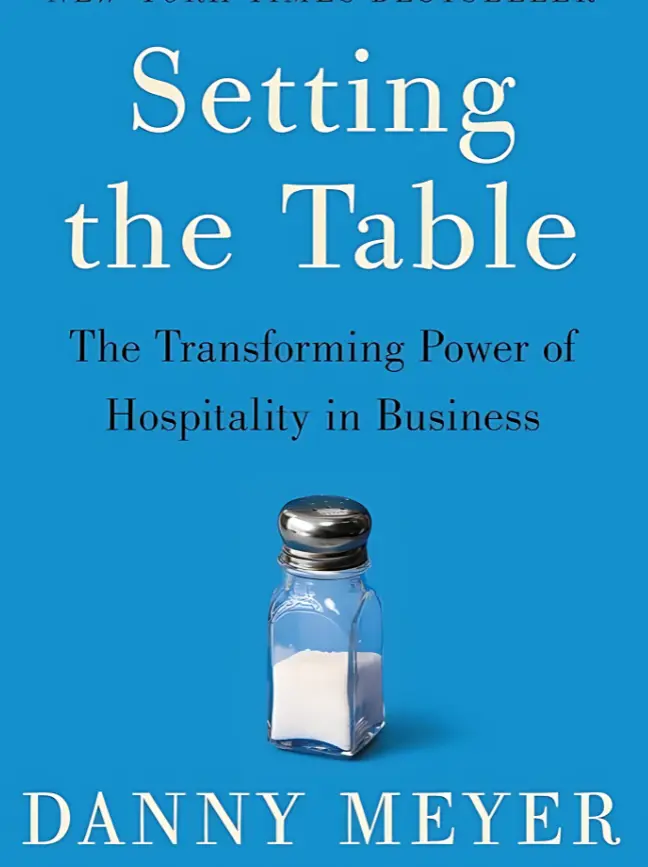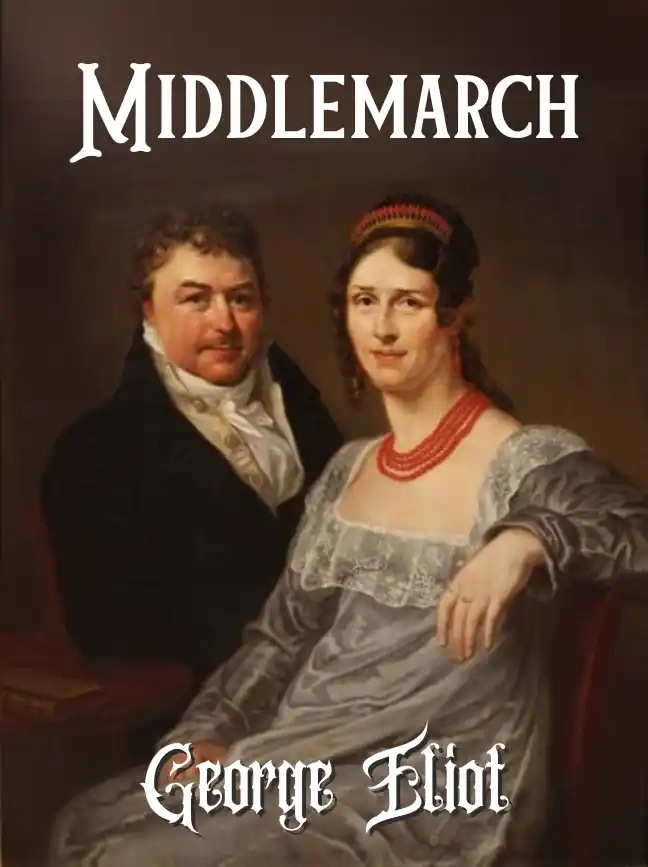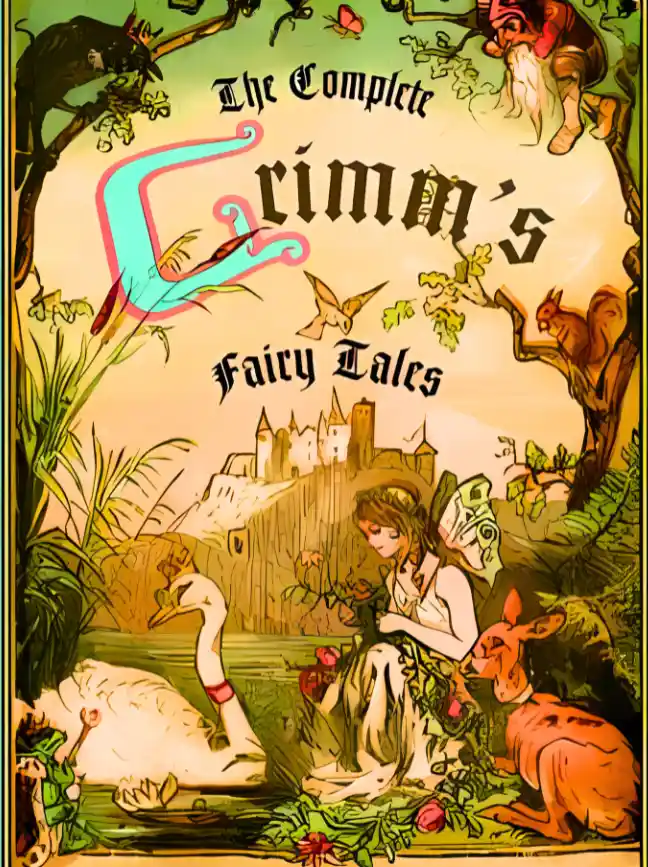Noemí’s best bet for obtaining a car was Francis. She didn’t think Florence would give her the time of day, and Virgil had been absolutely irritated with her when they had spoken the previous day. Noemí remembered what Virgil had said about men doing as she wanted. It bothered her to be thought of poorly. She wanted to be liked. Perhaps this explained the parties, the crystalline laughter, the well-coiffed hair, the rehearsed smile. She thought that men such as her father could be stern and men could be cold like Virgil, but women needed to be liked or they’d be in trouble. A woman who is not liked is a bitch, and a bitch can hardly do anything: all avenues are closed to her.
Well, she definitely did not feel liked in this house, but Francis was friendly enough. She found him near the kitchen, looking more washed out than the previous days, a slim figure of ivory, but his eyes were energetic. He smiled at her. When he did, he wasn’t bad looking. Not quite like his cousin—Virgil was terribly attractive—but then she thought most men would have had a hard time competing with Virgil. No doubt that’s what had hooked Catalina. That pretty face. Maybe the air of mystery he’d had about him too had made Catalina forget about sensible matters.
Genteel poverty, Noemí’s father had said. That’s what that man has to offer.
Apparently also a rambling, old house where you were liable to have bad dreams. God, the city seemed so far away.
“I’d like to ask you for a favor,” she said after they’d exchanged morning pleasantries. As she spoke she linked her arm to his with a fluid, well-practiced motion, and they began walking together. “I
want to borrow one of your cars and go into town. I have letters I’d like to post. My father doesn’t really know how I’m doing.”
“You need me to drive you there?” “I can drive myself there.”
Francis made a face, hesitating. “I don’t know what Virgil would say about that.”
She shrugged. “You don’t have to tell him. What, you don’t think I can drive? I’ll show you my license if you want.”
Francis ran a hand through his fair hair. “It’s not that. The family is very particular about the cars.”
“And I’m very particular about driving on my own. Surely I don’t need a chaperone, and you’d make a terrible chaperone, anyway.”
“How so?”
“Who ever heard of a man playing chaperone? You need an insufferable aunt. I can lend you one of mine for a weekend if you’d like. It’ll cost you a car. Will you help me, please? I’m desperate.”
He chuckled as she steered him outside. He picked up the car keys hanging from a hook in the kitchen. Lizzie, one of the maids, was rolling bread upon a floured table. She did not acknowledge either Noemí or Francis even one bit. The staff at High Place was almost invisible, like in one of Catalina’s fairy tales. Beauty and the Beast, that had been it, had it not? Invisible servants who cooked the meals and laid down the silverware. Ridiculous. Noemí knew all the people who worked in her house by name, and they certainly were not begrudged their chatter. That she even knew the names of the staff at High Place seemed a small miracle, but she’d asked Francis, and Francis had obligingly introduced them: Lizzie, Mary, and Charles, who, like the porcelain locked in the cabinets, had been imported from England many decades ago.
They walked toward the shed, and he handed her the car keys. “You won’t get lost?” Francis asked, leaning against the car’s window and looking down at her.
“I can manage.”
True enough. It wasn’t as if one could even attempt to get lost. The road led up or down the mountain, and down she went, to the little town. She felt quite content during the drive and rolled her window open to enjoy the fresh mountain air. It wasn’t such a bad place, she thought, once you got out of the house. It was the house that disfigured the land.
Noemí parked the car by the town square, guessing both the post office and the medical clinic must be nearby. She was right and was quickly rewarded with the sight of a little green-and-white building that proclaimed itself the medical unit. Inside there were three green chairs and several posters explaining all matter of diseases. There was a receiving desk, but it was empty, and a closed door with a plaque on it and the doctor’s name in large letters. Julio Eusebio Camarillo, it said.
She sat down, and after a few minutes the door opened and out came a woman holding a toddler by the hand. Then the doctor poked his head through the doorway and nodded at her.
“Good day,” he said. “How can I help you?”
“I’m Noemí Taboada,” she said. “You are Dr. Camarillo?”
She had to ask because the man looked rather young. He was very dark and had short hair that he parted down the middle and a little mustache that did not really age him, managing to make him look a bit ridiculous, like a child mimicking a physician. He also wasn’t wearing a doctor’s white coat, just a beige-and-brown sweater.
“That’s me. Come in,” he said.
Inside his office, on the wall behind his desk, she indeed saw the certificate from the UNAM with his name in an elegant script. He also had an armoire, the doors thrown open, filled with pills, cotton swabs, and bottles. A large maguey lay in a corner in a yellow pot.
The doctor sat behind his desk and Noemí sat on a plastic chair, which matched the ones in the vestibule.
“I don’t think we’ve met before,” Dr. Camarillo said.
“I’m not from around here,” she said, placing her purse on her lap and leaning forward. “I’ve come to see my cousin. She’s sick, and I
thought you might take a look at her. She has tuberculosis.”
“Tuberculosis? In El Triunfo?” the doctor asked, sounding quite astonished. “I hadn’t heard anything about that.”
“Not in El Triunfo proper. At High Place.”
“The Doyle house,” he said haltingly. “You are related to them?” “No. Well, yes. By marriage. Virgil Doyle is married to my cousin
Catalina. I was hoping you’d go check on her.”
The young doctor looked confused. “But wouldn’t Dr. Cummins be taking care of her? He’s their doctor.”
“I’d like a second opinion, I suppose,” she said and explained how strange Catalina seemed and her suspicions that she might require psychiatric attention.
Dr. Camarillo listened patiently to her. When she was done, he twirled a pencil between his fingers.
“The thing is, I’m not sure I’d be welcome at High Place if I showed up there. The Doyles have always had their own physician. They don’t mingle with the townsfolk,” he said. “When the mine was operational and they hired Mexican workers, they had them living at a camp up the mountain. Arthur Cummins senior also tended to them. There were several epidemics back when the mine was open, you know. Lots of miners died, and Cummins had his hands full, but he never requested local help. I don’t believe they think much of local physicians.”
“What sort of epidemic was it?”
He tapped his pencil’s eraser against his desk three times. “It wasn’t clear. A high fever, very tricky. People would say the oddest things, they’d rant and rave, they’d have convulsions, they’d attack each other. People would get sick, they’d die, then all would be well, and a few years later again the mystery illness would strike.”
“I’ve seen the English Cemetery,” Noemí said. “There are many graves.”
“That’s only the English people. You should see the local cemetery. They said that in the last epidemic, around the time the
Revolution started, the Doyles didn’t even bother sending down the corpses for a proper burial. They tossed them in a pit.”
“That can’t be, can it?” “Who knows.”
The phrase carried with it an implicit distaste. The doctor didn’t say, “Well, I believe it,” but it seemed there might be no reason why he shouldn’t.
“You must be from El Triunfo, then, to know all of this.”
“From near enough,” he said. “My family sold supplies to people at the Doyle mine, and when they shuttered it, they moved to Pachuca. I went to study in Mexico City, but now I’m back. I wanted to help the people here.”
“You should start by helping my cousin, then,” she said. “Will you come up to the house?”
Dr. Camarillo smiled but he shook his head, apologetic. “I told you, you’ll get me in trouble with Cummins and the Doyles.”
“What can they do to you? Aren’t you the town’s physician?”
“The health clinic is public, and the government pays for bandages, rubbing alcohol, and gauze. But El Triunfo is small, it’s needy. Most people are goat farmers. Back when the Spaniards controlled the mine, they could support themselves making tallow for the miners. Not now. There’s a church and a very nice priest here, and he collects alms for the poor.”
“And I bet the Doyles place money in his contribution box and the priest is your friend,” Noemí said.
“Cummins places the contributions in the box. The Doyles don’t bother with that. But it’s their money, all the same, everyone knows it.”
She didn’t think the Doyles had much money left; the mine had been closed for more than three decades. But their bank account must have a modest balance, and a little bit of cash might go a long way in an isolated town like El Triunfo.
What to do now? She thought it over, quickly, and decided to take advantage of those theater lessons her father had considered a waste of money.
“Then you won’t help me. You’re afraid of them! Oh, and here I am without a friend in the world,” she said, clutching her purse and standing up slowly, her lip quivering dramatically. Men always panicked when she did that, afraid she’d cry. Men were always so afraid of tears, of having a hysterical woman on their hands.
At once the doctor made a placating motion and spoke quickly. “I didn’t say that.”
“Then?” she pressed on, sounding hopeful, giving him the most fetching of smiles, the one she used when she wanted to get a policeman to let her go without a speeding ticket. “Doctor, it would mean the world to me if you helped.”
“Even if I go, I’m no psychologist.”
Noemí took out her handkerchief and clutched it, a little visual reminder that she could, at any moment, break into tears and start dabbing at her eyes. She sighed.
“I could head to Mexico City, but I don’t want to leave Catalina alone, especially if there’s no need for it. I may be wrong. You’d save me a long trip back and forth; the train doesn’t even run every day. Will you do me this little favor? Will you come?”
Noemí looked at him, and he looked back at her with a dose of skepticism, but he nodded his head. “I’ll stop by Monday around noon.”
“Thanks,” she said, standing up quickly and shaking his hand, and then, remembering the fullness of her errand, she paused. “By the way, do you know a Marta Duval?”
“Are you going around talking to every specialist in town?” “Why do you say that?”
“She’s the local healer.”
“Do you know where she lives? My cousin wanted a remedy from her.”
“Does she? Well, I suppose it makes sense. Marta does a lot of business with the women in town. Gordolobo tea is still a popular remedy for tuberculosis.”
“Does it help?”
“It’s fine enough for coughs.”
Dr. Camarillo bent down over his desk and drew a map on his notepad and handed it to her. Noemí decided to walk to Duval’s house, since he said it was nearby, and it turned out to be a good idea, because the path that led to the woman’s house would have been no good for a car and the way there was a little convoluted, the streets following no plan, growing chaotic. Noemí had to ask for directions, despite the map.
She spoke to a woman who was doing her laundry by the front door of her house, scrubbing a shirt against a battered washboard. The woman put down her bar of Zote soap and informed Noemí she had to go uphill a little farther. The town’s neglect was more obvious the farther you moved from the central square and the church. The houses became shacks made of bare brick, and everything seemed gray and dusty, with scrawny-looking goats or chickens stuck behind rickety fences. Some dwellings were abandoned, with no doors or windows left. She supposed the neighbors had scavenged whatever wood, glass, and other materials they could take. When they’d driven through town, Francis must have taken the most scenic of roads, and even then her impression had been of decay.
The healer’s house was very small and stood out because it was painted white and was better taken care of. An old woman with her hair in a long braid, wearing a blue apron, sat outside by the door on a three-legged stool. She had two bowls next to her and was peeling peanuts. In one bowl she threw the discarded shells, in another she threw the peanuts. The woman did not look up as Noemí approached her. She was humming a tune.
“Excuse me,” Noemí said. “I’m looking for Marta Duval.”
The humming ceased. “You’ve got the prettiest shoes I’ve even seen,” the old woman said.
Noemí glanced down at the pair of black high-heeled shoes she was wearing. “Thank you.”
“I don’t get many people with pretty shoes like that.”
The woman cracked another peanut open and tossed it into the bowl. Then she stood up. “I’m Marta,” she said, looking up at Noemí, her eyes cloudy with cataracts.
Marta went into the house carrying a bowl in each hand. Noemí followed her inside, into a small kitchen that also served as the dining room. On a wall there was a picture of the Sacred Heart and a bookshelf held plaster figurines of saints, candles, and bottles filled with herbs. From the ceiling there also hung herbs and dried flowers, lavender and epazote and branches of rue.
Noemí knew there were healers who made all sorts of remedies, gathering herbs for hangovers and herbs for fevers, and even tricks to cure the evil eye, but Catalina had never been the type to seek such cures. The first book that had gotten Noemí really interested in anthropology had been Witchcraft, Oracles, and Magic Among the Azande, and when she tried to discuss it with Catalina, Catalina would not hear of it. The mere word “witchcraft” gave her a fright, and a healer of Duval’s sort was two steps removed from witchcraft, not only handing out tonics but also curing the susto by placing a cross of holy palm on someone’s head.
No, Catalina wouldn’t have been the type to wear a bracelet of ojo de venado on her wrist. How had she ended up at this house, talking to Marta Duval, then?
The old woman placed the bowls on the table and pulled out a chair. When she sat down there was a sudden fluttering of wings, which startled Noemí, and a parrot swooped onto the woman’s shoulder.
“Sit,” Marta said, taking a peeled peanut and handing it to the parrot. “What do you want?”
Noemí sat down across from her. “You made a remedy for my cousin, and she needs more of it.”
“What was it?”
“I’m not sure. Her name is Catalina. Do you remember her?” “The girl from High Place.”
The woman took another peanut and gave it to the parrot, which cocked its head and stared at Noemí.
“Yes, Catalina. How do you know her?”
“I don’t. Not really. Your cousin used to come to church once in a while, and she must’ve gotten to talking with someone there because she came to see me, told me that she needed something to help her sleep. She visited me a couple of times. Last time I saw her she was agitated, but wouldn’t tell me about her problems. She asked me to mail a letter for her, addressed to someone in Mexico City.”
“Why didn’t she mail it herself?”
“I don’t know. She said, ‘Come Friday, if we don’t see each other, mail this,’ so I did. Like I said, she wouldn’t discuss her problems. She said she had bad dreams, and I tried to help with that.”
Bad dreams, Noemí thought, recalling her nightmare. It wasn’t hard to have bad dreams in a house like that. She placed her hands on top of her purse. “Well, whatever you gave her must have worked, because she wants more of it.”
“More.” The woman sighed. “I told the girl, no tea is going to make her feel better, not for long.”
“What do you mean?”
“That family is cursed.” The woman touched the parrot’s head, scratching it, and the bird closed its eyes. “You haven’t heard the stories?”
“There was an epidemic,” Noemí said cautiously, wondering if she meant that.
“Yes, there was sickness, much sickness. But that wasn’t the only thing. Miss Ruth, she shot them.”
“Who’s Miss Ruth?”
“It’s a famous story around these parts. I can tell it, but it’ll cost you a little.”
“You’re rather mercenary. I’m already going to pay for the medicine.”
“We’ve got to eat. Besides, it’s a good story, and no one knows it as well as I do.”
“So you’re a healer and a storyteller.”
“Told you, young miss, we got to eat,” the woman said with a shrug.
“All right. I’ll pay for a story. You have an ashtray?” she asked, taking out her cigarettes and her lighter.
Marta grabbed a pewter cup from the kitchen and placed it before her, and Noemí leaned forward, both elbows resting on the table, and lit her cigarette. She offered the old woman a cigarette and Marta took two, smiling, but she did not light either one, instead tucking them in her apron’s pocket. Perhaps she’d smoke the cigarettes later. Or even sell them.
“Where to begin? Ruth, yes. Ruth was Mr. Doyle’s daughter. Mr. Doyle’s darling child, she wanted for nothing. Back then they had many servants. Always lots of servants to polish the silver and make teas. The bulk of those servants were people from the village, and they lived at the house, but sometimes they came down to town. For the market, for other things. And they’d talk, about all the pretty things at High Place and pretty Miss Ruth.
“She was going to marry her cousin—Michael, it was—and they’d ordered a dress from Paris and ivory head combs for her hair. But a week before the wedding, she grabbed a rifle and shot her groom, shot her mother, her aunt, and her uncle. She shot her father, but he survived. And she might have shot Virgil, her baby brother, but Miss Florence hid away with him. Or maybe Ruth had mercy.”
Noemí hadn’t seen a single weapon in the house, but then they must have tossed the rifle. There was only silver on display, and she wondered, incongruously, if the bullets the murderess had used might not have been made of silver.
“When she was done shooting them, she took the rifle and killed herself.” The woman cracked a peanut.
What a morbid tale! And yet, this was not a conclusion. Merely a pause. “There’s more, isn’t there?”
“Yes.”
“You’re not going to tell me the rest?” “One has to eat, young miss.”
“I’ll pay.”
“You won’t be stingy?” “Never.”
Noemí had placed the box of cigarettes on the table. Marta extended a wrinkled hand and took another one, again tucking it in her apron. She smiled.
“The servants left after that. The people who remained in High Place were the family and trusted folks they’d employed for a long time. They stayed there, stayed out of sight. Then one day Miss Florence was suddenly at the train station, off on vacation when she had never set a foot outside the house. She came back married to a young man. Richard, he was called.
“He wasn’t like the Doyles. He was talkative; he liked to come down to town in his car and have a drink and chat. He’d lived in London and New York and Mexico City, and you got the feeling that the house of the Doyles wasn’t his favorite place of them all. He was talkative, all right, and then he started talking strange things.”
“What sort of things?”
“Talk of ghosts and spirits and the evil eye. He was a strong man, Mr. Richard, until he wasn’t, and he looked rather shabby and thin, stopped coming into town and disappeared from view. They found him at the bottom of a ravine. There’re lots of ravines here, you might have noticed that, well, there he was, dead at twenty-nine, left behind a son.”
Francis, she thought. Pale-faced Francis with his soft hair and his softer smile. She’d heard nothing of this long saga, but then she supposed it was not the kind of thing anyone would like to discuss.
“It all sounds tragic, but I’m not sure I’d call it a curse.”
“You’d call it coincidence, wouldn’t you? Yes, I suppose you would. But the fact is everything they touch rots.”
Rots. The word sounded so ugly, it seemed to stick to the tongue, it made Noemí want to bite her nails even though she’d never done such a thing. She was particular about her hands; ugly nails wouldn’t have done for her. It was odd, that house. The Doyles and their servants were all an odd lot, but a curse? No.
“It couldn’t be anything but coincidence,” she said, shaking her head.
“Could be.”
“Can you make the same remedy you made for Catalina the last time?”
“It’s no easy thing. I’d have to gather the ingredients, and it would take me a little while. It wouldn’t solve the issue. It’s like I said: the problem is that house, that cursed house. Jump on that train and leave it behind, that’s what I told your cousin. I thought she’d listened, but what do I know?”
“Yes, I’m sure you did. What’s the price of this remedy, anyway?” Noemí asked.
“The remedy and the stories.” “Yes, that too.”
The woman named a sum. Noemí opened her purse and took out a few bills. Marta Duval might have cataracts, but she saw the bills clearly enough.
“It would take me a week. Come back in a week, but I make no promises,” the woman said, extending her hand, and Noemí placed the bills in her palm. The woman folded them and tucked them in her apron’s pocket. “Can you spare another cigarette?” she added.
“Very well. I hope you like them,” Noemí said, handing her one more. “They’re Gauloises.”
“They’re not for me.” “Then for whom?”
“Saint Luke the Evangelist,” she said, pointing to one of the plaster figurines on her shelves.
“Cigarettes for saints?” “He likes them.”
“He has expensive tastes,” Noemí said, wondering if she could find a store that sold anything even close to Gauloises in town. She’d have to replenish her stock soon.
The woman smiled, and Noemí handed her another bill. What the hell. As she’d said, everyone had to eat and God knew how many customers the old lady had. Marta seemed very pleased and smiled even more.
“Well, I’m off, then. Don’t let Saint Luke smoke all the cigarettes at once.”
The woman chuckled, and they walked outside. They shook hands. And the woman squinted.
“How do you sleep?” the woman asked. “Fine.”
“You have dark circles under your eyes.”
“It’s the cold up here. It keeps me awake at night.” “I hope it’s that.”
Noemí thought of her odd dream, the golden glow. It had been a rather hideous nightmare, but she had not had time to analyze it. She had a friend who swore by Jung, but Noemí had never understood the whole “the dream is the dreamer” bit, nor had she cared to interpret her dreams. Now she recalled one particular thing Jung wrote: everyone carries a shadow. And like a shadow the woman’s words hung over Noemí as she drove back to High Place.








